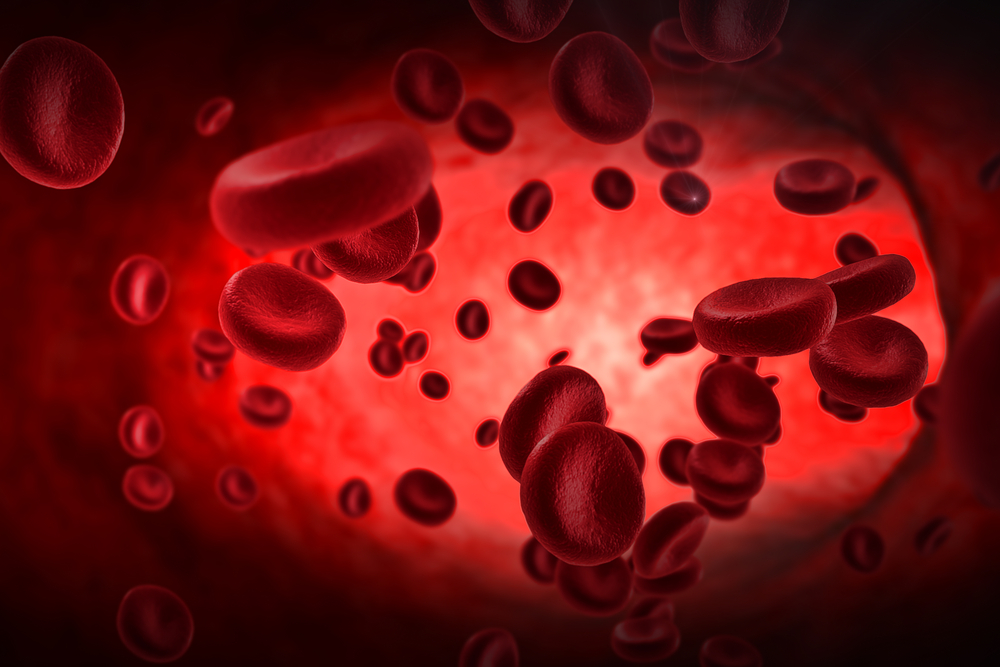SCD Experts Call for Routine Screening Among Migrants

Backed by a new study suggesting that sickle cell disease (SCD) is common among refugees in Southern Europe, some hematologists are calling for increased screening measures.
Specialists are working to determine the extent of blood disorders within the population. They’re also outlining ways to help identify and treat those with SCD, as delays in care can lead to organ complications and death, according to a news release by the American Society of Hematology.
Published in the journal Blood, the study by an Italian research team said that throughout the last decade, thousands of refugees have arrived daily on the countries’ coastlines. Because the influx is not expected to slow, strategies are needed to ensure appropriate and accessible healthcare.
”The vast majority of these migrants come from areas in which sickle cell disease and other hemoglobinopathies are highly prevalent,” the researchers said. “Refugees represent marginalized and vulnerable people who are exposed to extreme conditions during their travels, mostly through Africa, to the coast of southern European countries.”
Led by Lucia De Franceschi, MD, of the University of Verona, the study found that most migrants who arrive on Italy’s shores are from regions where SCD is highly prevalent, including the sub-Sahara, which consistently reports the world’s highest SCD burden. Some 80 percent of all babies with the disease are born in those countries, according to the Centers for Disease Control and Prevention.
The sub-Sahara has no screening program, although sickle cell disease has been named as a global health priority there by the African Union and World Health Organization.
The study was based on an analysis of 2014-2017 data from 13 Italian referral centers. It found that not only was SCD relatively common in refugees, the disease was typically identified when patients sought emergency treatment for acute health events. For migrants with known or undiagnosed SCD, conditions such as dehydration, psychological stress and exposure to extreme temperatures can result in severe pain crises, experts said.
During the four-year period, 624,688 refugees landed on Italy’s coast, the scientists said. Researchers first used a new rapid point-of-care screening device (Sickle SCAN; BioMedomics), then validated these results through a standard screening method.
“The aim was to fast-track the care of individuals with SCD and the collection of relevant demographic data,” they said.
The study identified 70 people with blood disorders, most of them male. Among them, half were adults, with a median age of 21. The other half were children. Most of the refugees came from Senegal, Nigeria, Morocco, Egypt, Tunisia, and Syria.
“Our data underscore the need to more systematically screen refugees coming from areas where SCD is endemic, and suggest a strong national network might help to spur action,” De Franceschi said. “Early identification of cases can help prevent severe SCD-related events and life-threatening complications, and redirect patients to comprehensive SCD centers for specialty clinical management, follow-up and timely initiation of treatment.”
The team tested a pilot program that screened refugees at a single center. Patients were offered treatment and clinical follow-up.
Based on the study’s findings, De Franceschi said efforts should emphasize:
— Routine screening within 10-14 days of arrival for refugees from nations endemic for SCD;
— A structured, collaborative national network;
— Education of emergency department physicians to recognize and treat SCD-related events.
Moreover, “rapidly start disease-modifying treatment, such as hydroxyurea,” the study said. “These actions will allow for the earlier identification of patients with SCD, preventing severe complications and decreasing the overall health care costs associated with this population,” the study concluded.
De Franceschi said, “We hope our data might open international political and social discussions about the accessibility of healthcare for refugees to treat both acute and chronic complications related to SCD.”






